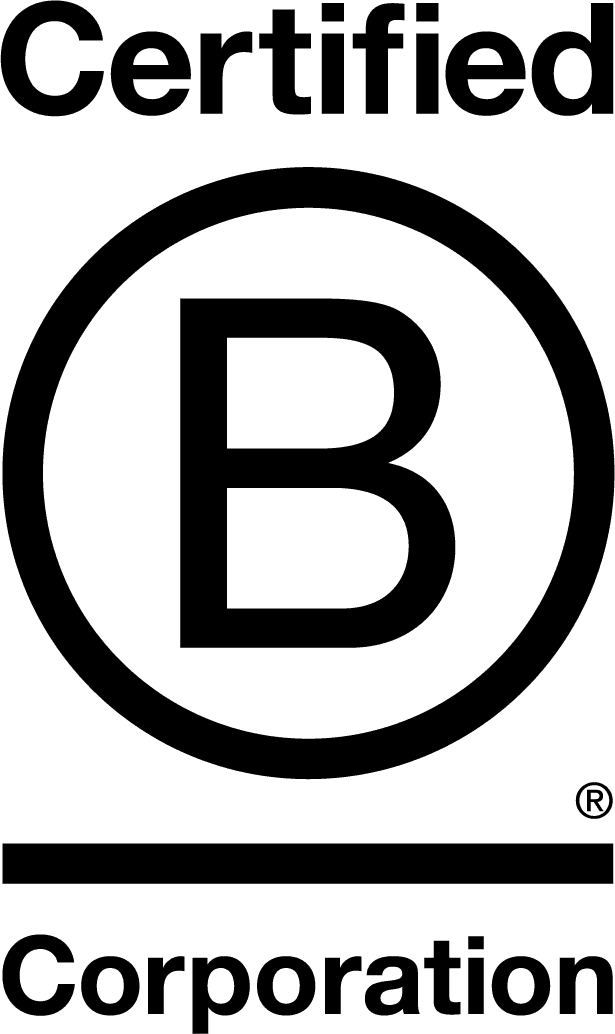

PCA Law Ltd

London Borough of Southwark, United Kingdom
July 2024
Other professional, scientific & tech
Service with Minor Environmental Footprint
Australia,
Canada,
China,
Denmark,
Finland,
France,
Germany,
Greece,
Guernsey and Alderney,
Hong Kong S.A.R.,
Iceland,
India,
Indonesia,
Ireland,
Israel,
Italy,
Japan,
Jersey,
Kuwait,
Luxembourg,
Malaysia,
Mexico,
Morocco,
Netherlands The,
New Zealand,
Norway,
Oman,
Poland,
Portugal,
Qatar,
Saint Kitts and Nevis,
Saudi Arabia,
Singapore,
Slovakia,
Slovenia,
South Africa,
South Korea,
Spain,
Sri Lanka,
Swaziland,
Sweden,
Switzerland,
Turkey,
United Arab Emirates,
United Kingdom,
United States
As a leader in experiential learning, PCA equips the workforces of some of the world’s most renowned organisations with practical, impactful skills tailored to your needs. Specialising in Leadership, Performance Management, Business Development, and Sales, we empower teams and leaders at all levels to turn theory into practice. Our human-centred approach focuses on fostering meaningful, high-quality conversations that drive collaboration and impact within your organisation. A proud member of the B Corp community, PCA shares a commitment to social and environmental responsibility. We help organisations align their teams with these values, promoting a culture where individuals take ownership of their collective impact. We offer a range of solutions—from off-the-shelf to custom-designed, live in-person or virtual workshops, asynchronous digital simulations, and curated learning journeys. Our global faculty has delivered programmes in over 50 countries, and we specialise in creating comprehensive learning academies or enhancing your existing programmes with targeted support. With flexible, blended learning options, we are committed to meeting your needs and delivering impactful development experiences for every budget.
Overall B Impact Score
Governance 15.5
Governance evaluates a company's overall mission, engagement around its social/environmental impact, ethics, and transparency. This section also evaluates the ability of a company to protect their mission and formally consider stakeholders in decision making through their corporate structure (e.g. benefit corporation) or corporate governing documents.
What is this? A company with an Impact Business Model is intentionally designed to create a specific positive outcome for one of its stakeholders - such as workers, community, environment, or customers.
Workers 36.4
Workers evaluates a company’s contributions to its employees’ financial security, health & safety, wellness, career development, and engagement & satisfaction. In addition, this section recognizes business models designed to benefit workers, such as companies that are at least 40% owned by non-executive employees and those that have workforce development programs to support individuals with barriers to employment.
Community 15.4
Community evaluates a company’s engagement with and impact on the communities in which it operates, hires from, and sources from. Topics include diversity, equity & inclusion, economic impact, civic engagement, charitable giving, and supply chain management. In addition, this section recognizes business models that are designed to address specific community-oriented problems, such as poverty alleviation through fair trade sourcing or distribution via microenterprises, producer cooperative models, locally focused economic development, and formal charitable giving commitments.
Environment 2.2
Environment evaluates a company’s overall environmental management practices as well as its impact on the air, climate, water, land, and biodiversity. This includes the direct impact of a company’s operations and, when applicable its supply chain and distribution channels. This section also recognizes companies with environmentally innovative production processes and those that sell products or services that have a positive environmental impact. Some examples might include products and services that create renewable energy, reduce consumption or waste, conserve land or wildlife, provide less toxic alternatives to the market, or educate people about environmental problems.
Customers 24.0
Customers evaluates a company’s stewardship of its customers through the quality of its products and services, ethical marketing, data privacy and security, and feedback channels. In addition, this section recognizes products or services that are designed to address a particular social problem for or through its customers, such as health or educational products, arts & media products, serving underserved customers/clients, and services that improve the social impact of other businesses or organizations.
What is this? A company with an Impact Business Model is intentionally designed to create a specific positive outcome for one of its stakeholders - such as workers, community, environment, or customers.